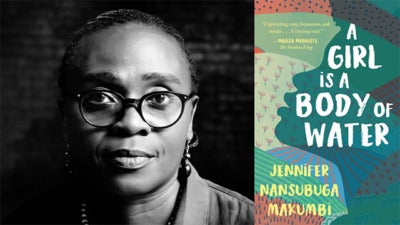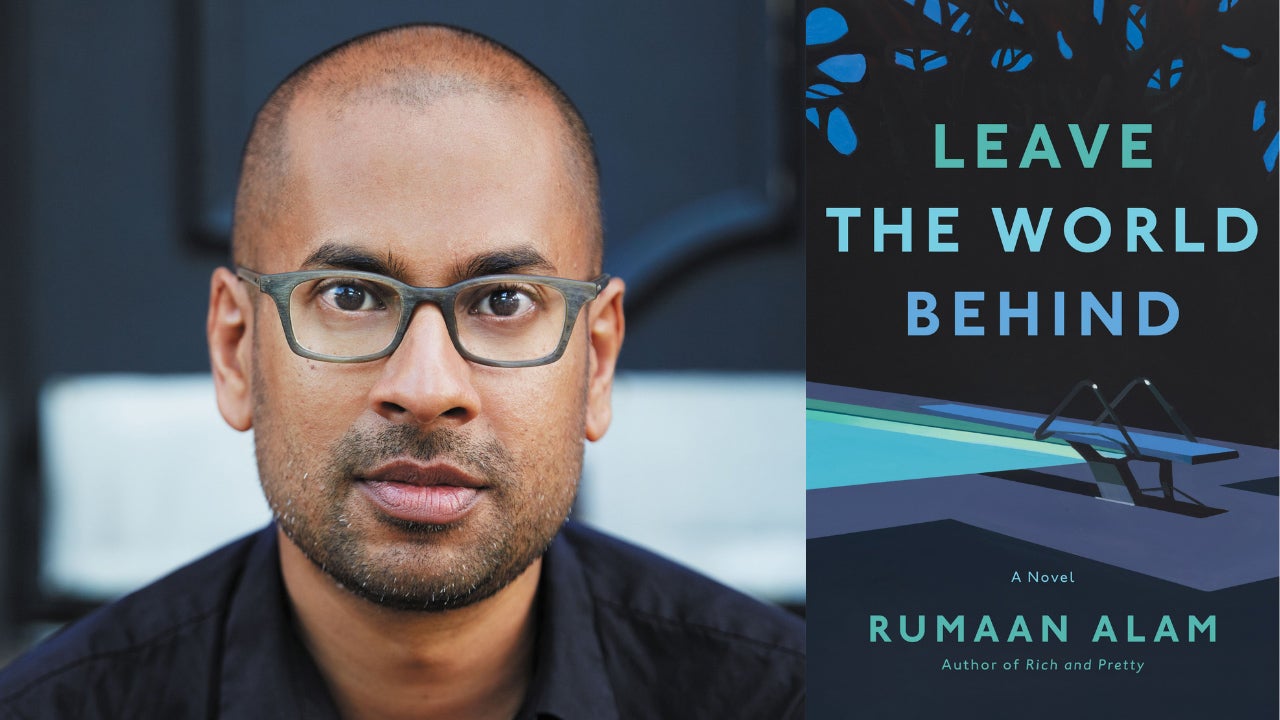On February 17, Aspen Words announced the shortlist for the fourth annual Aspen Words Literary Prize, a $35,000 award recognizing a work of fiction that addresses a vital social issue. The diverse list includes three novels and two short story collections. While the jury works on choosing a winner, Aspen Words chatted with the longlist nominees about their work, how they view their role as a writer in this cultural and political moment, and the best piece of writing advice they’ve received.

Jennifer Nansubuga Makumbi is the author of the novel Kintu which won the Kwani? Manuscript Project Prize in 2013 and was longlisted for the Etisalat Prize in 2014. Her second novel, A Girl Is a Body of Water, is a sweeping and powerful portrait of a young girl and her family: who they are, what history has taken from them, and—most importantly—how they find their way back to each other. Drawn from Ugandan folklore, the novel illuminates themes of feminism, Black womanhood, and the pressures of cultural assimilation.
How do you view your role as a writer in this cultural and political moment, and why is the time right for your book?
The time is right for my book because, for a long time, the world has been seen through Western lenses. The West has had this incredible ability to influence ways of thinking, of being, of knowing around the world, through language, education, films, research, books, and other aspects. However, the world is changing. It is looking for alternative ways of seeing, understanding, and consuming the world. It makes this the right time for A Girl Is a Body of Water which asks the reader to see the world through Ugandan women’s lenses.
I view my role in this cultural and political moment as someone who must identify and amplify weaknesses my society might be hiding or blind to. I put them out there for everyone to see. I share Ganda ways of thinking, seeing, of being, and even of knowing with the world. I interpret signs and speculate on their implications: I decode symbols from the past to understand our present and contemplate the future.
What is the core tenet of your book’s philosophy?
At its core, A Girl Is a Body of Water is saying that the belief the early ancient people had of women being creatures of the sea while men are creatures of land, is why women have been oppressed in most of the world throughout history. Women were either seen as trespassing or as migrants on land. Think about it.
If you weren’t a writer what would you be?
I would probably be a frustrated teacher of English with a secret conviction that had I been born in the right place and at right time, I would have been a successful actress in Hollywood.
What’s the best piece of advice you’ve received on writing fiction?
If you suspect a sentence, a paragraph, a chapter, or even a section should be edited out of your manuscript, edit it out. By the time you, the author, start to suspect that a sentence, a paragraph, a chapter, or even a section is not working, it is beyond saving.
Which books have brought you hope or solace, or expanded your awareness over the last year?
Lockdown in Britain began in mid-March, and I spent the first few months staring into space. I did not start reading or writing until the end of June. Since then, I have read the following:
Silence is My Mother Tongue by Suleiman Addonia
The Shadow King by Maaza Mengeste
The God Child by Nana Oforiatta Ayim
The Game Weaver By Rebecca Zahabi
Blue Ticket by Sophie Mackintosh
Travellers by Helon Habilla
Scorpion Fish by Natalie Bakopoulos


